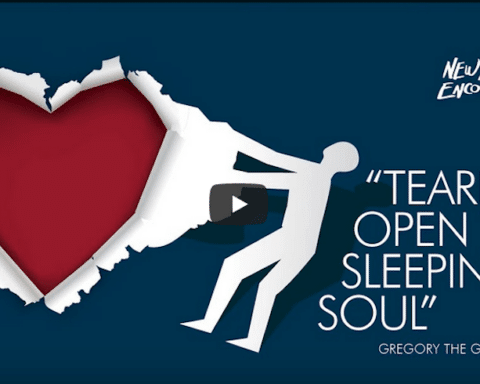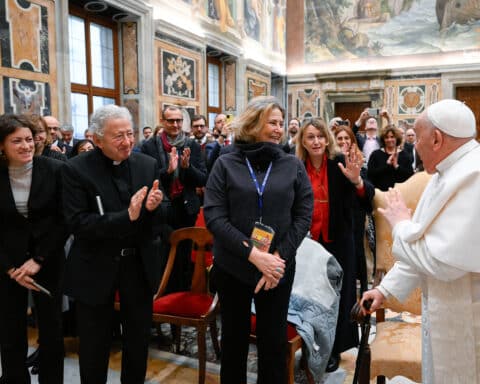As I’ve continued to think about the limitations of generative artificial intelligence — ChatGPT and its brethren — and the unreasonable expectations that so many have for a technology that, by design, can only reproduce more of what has gone before, I have been rereading Owen Barfield and, more recently, the magnum opus of the man who introduced me to Barfield, John Lukacs. That great work, “Historical Consciousness: The Remembered Past,” was first published in 1968, updated and rereleased in 1985, and released in a third edition with a new introduction in 1994. I played a role in bringing that third edition to life, but I recommend it not for that reason but because it contains all of the material from the earlier two and thus provides within itself an example of the historical consciousness of its title.
Born in 1924 in Hungary, Lukacs emigrated to the United States after World War II and was, for many years, a professor of history at Chestnut Hill College near Philadelphia. That English was not his native language may explain, in part, why he understood better than most English speakers the profound philosophical insights into language that Barfield developed throughout his eight decades of writing. Chief among those was the recognition that every word has a history, and that, by digging down into the history of a word, we can come to understand how earlier generations saw not only that word from how we see it but saw the world differently as well.
Such insights are simply not something that GPT-3 and GPT-4 can comprehend. The “large language models” of generative AI have no historical consciousness. Ask ChatGPT how the meaning of the word “virtue” has changed over the past 500 years, and it will tell you the various words that were described as virtues over the course of five centuries, but that’s something very different from what the word meant at those different points in time.
Walker Percy in 1973, John Lukacs in 1968, George Orwell in 1948, and José Ortega y Gasset and Owen Barfield a century ago all recognized that, in the modern world, words have been robbed of their meanings. That may explain why so many are so impressed by ChatGPT: It, and other generative AI models, “think” like we do, stringing words together without concern for what they truly mean.
Yet it doesn’t have to be this way. “Anyone who has been to the trouble of learning a foreign language after the age at which he had reached a certain degree of aesthetic maturity,” Barfield wrote, “will know that aesthetic pleasure arises from the contemplation of quite ordinary expressions couched in a foreign idiom. It is important … to note that this is not … the pleasure of comparing different ways of saying the same thing, but the pleasure of realizing the slightly different thing that is said.”
By now, you may be wondering what any of this has to do with Catholicism. As I write on Monday of Holy Week, my thoughts are fixed already on Holy Thursday and the Mass of the Last Supper. When the priest elevates the host at the consecration, we are transported back not only to the night in which Christ instituted the Eucharist but forward to Good Friday, when he was raised up on the cross as a sacrifice for us and for all. This much we know, because we’ve been taught it; but how different might we find our experience of that moment if we knew why that flat white disc came to be called a “host”?
O salutaris hostia …: We may even sing these words on Holy Thursday, as the Blessed Sacrament is processed from the main altar to the altar of repose. “O saving victim …”: that is, Christ, the hostia in Latin, the host in English. Jesus did not host the Last Supper: He was the host — the victim — that he offered there, as he offered himself on the cross on Good Friday. This is what it means to be the “Lamb of God”: not a cute and fuzzy animal that lies down with the lion in the Peaceable Kingdom, but the once bloody sacrifice now re-presented before our eyes in an unbloody sacrament that draws us back to the Upper Room, back to Golgotha, so that, by eating the flesh of the Lamb and drinking his blood, we may unite ourselves to his death and rise with him to new life.
ChatGPT will never understand that, much less experience it. But we can.
Scott P. Richert is publisher for OSV.





